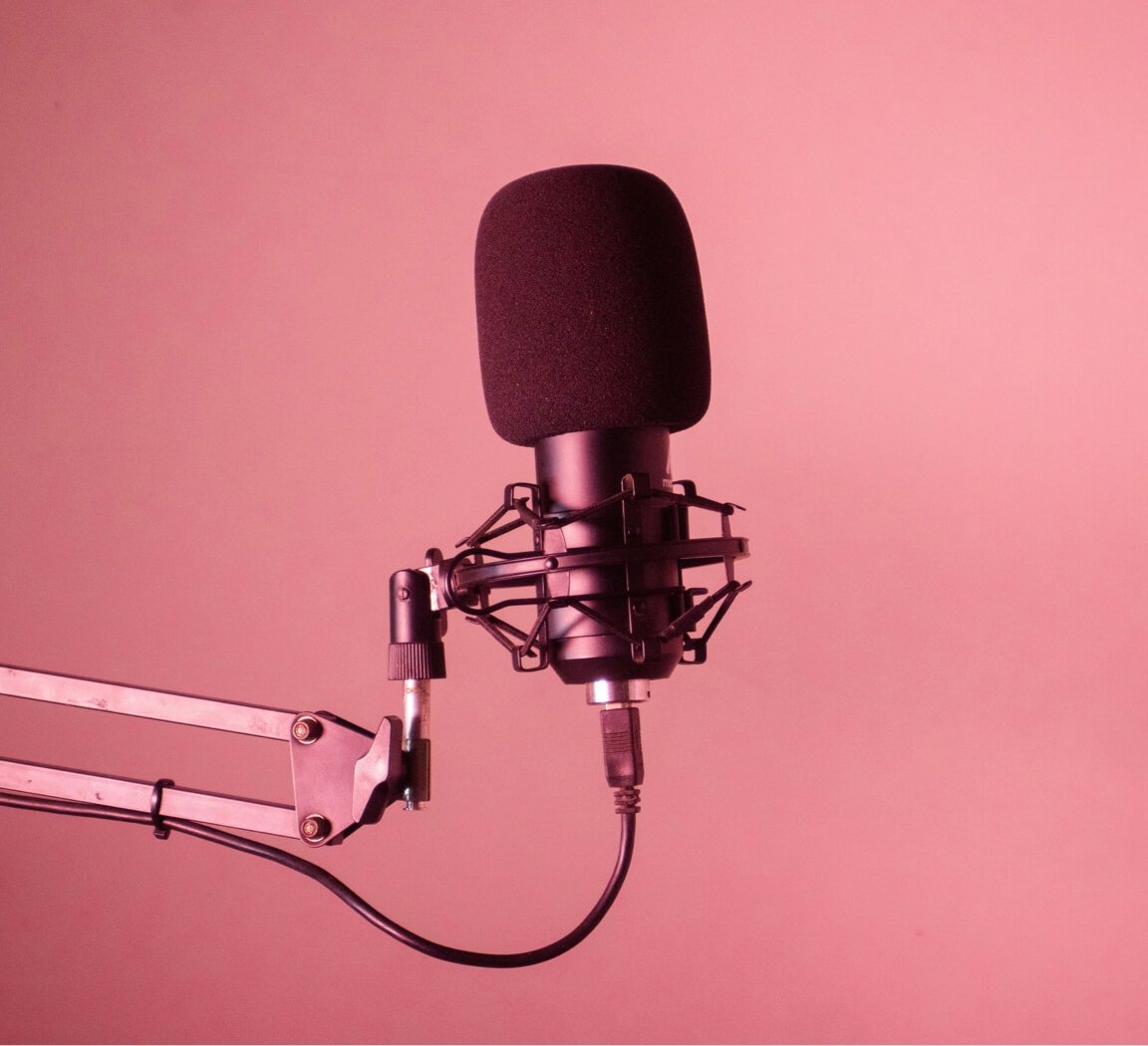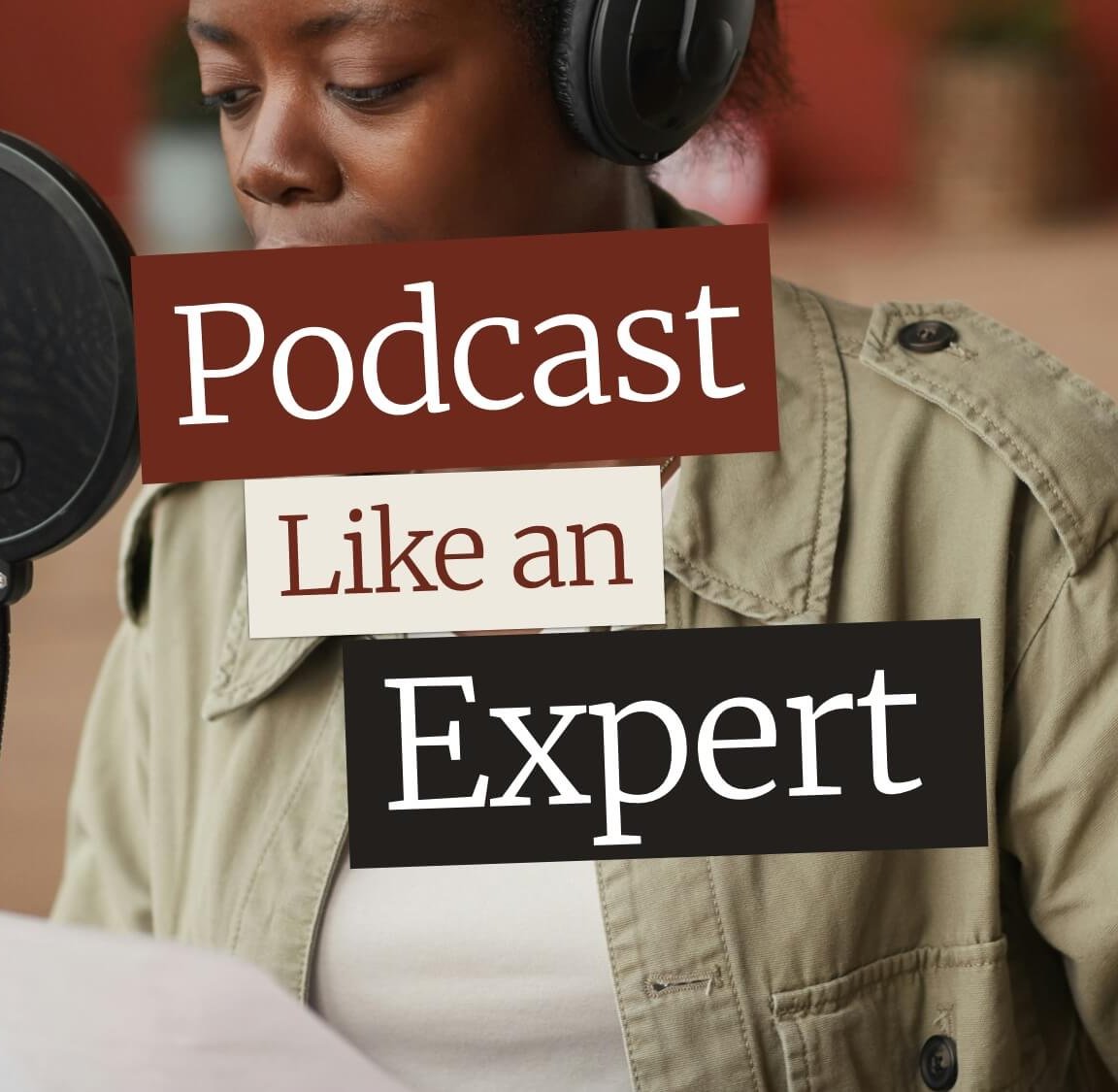If you’re thinking about making a podcast, there’s a lot to consider and it get overwhelming pretty quickly, even before you’ve got to grips with the tech. So let’s start by looking at what you need to buy, and how much everything costs.
Microphone
A good mic is essential for creating a warm, cosy environment for you to nestle into your listeners’ ears. Although your computer comes with a mic built-in, you’ll always make a better-sounding podcast by plugging a mic in.
The Samson Q2U is the safest bet. It’s a versatile dynamic mic (dynamic mics sound warm, pick your voice up well, and are good at ignoring background noise). You can pick a new one up from Amazon for less than $100. That’s a good deal for a high-quality mic.
Headphones
Headphones are important for two reasons. Firstly, they help you hear if you’re drifting off mic or coming in too loud. Secondly, they stop you and your guest from creating feedback when you’re on a call together. If anyone on your call isn’t wearing headphones, the other person’s voice will be picked up by their mic and bounced back to you… it sounds horrible.
Any pair of headphones you can plug into your computer will do, but closed-back headphones like the Audio-Technica ATH-M20X are better. You can pick up a pair for around $50.
And speaking of calls
You’ll probably be speaking with guests over the Internet. The best way to do this is to use SquadCast , as their browser-based software records each participant on their computer. That means if someone’s Internet drops out for a second, the recording is unaffected. Plus, it sounds much better than recording over Zoom. Like, much, much better. And SquadCast costs only $20 a month.
Editing your podcast
If you’re new to editing audio, there’s no better tool than Descript . Instead of starting with a whole bunch of confusing waveforms, you work through each episode by editing the words. Descript transcribes your audio, so you can edit your episode just like editing a Google doc.
Transcripts are essential for making your podcast accessible to deaf listeners. They’re also handy for SEO, and Descript even has tools to help you promote your content with audiograms. It’s a no-brainer. All that from $12 a month. Bonkers.
Hosting your audio
You’ve probably heard about Anchor, and it’s tempting to think that free hosting is the way to go, especially as it’s powered by Spotify. The problem is, they’re moving ever closer to isolating Anchor from the podcast ecosystem, meaning they want your show to only be available to Spotify listeners (most people use other apps).
Captivate is the best option for the newbie podcaster. It provides industry-standard analytics so you can be sure of your download numbers. They bundle in a customisable website which you can hook up to your own domain name. They help you manage guest bookings, and make it super-simple to submit to all the major podcast directories… and a few emerging ones too.
Plus, they integrate with both SquadCast and Descript. All for $19 a month.
Your grand total: $100 to get started + $50 a month (or thereabouts)
$50 sounds like a lot to pay out each month, no question. But consider how you bill out your own time. Even if you don’t charge people by the hour, your time still has value.
By using Captivate to manage your guest bookings and setting up the recording in SquadCast, you’re saving time that would otherwise be spent doing admin.
By using Descript to edit your podcast, you’re retaining full ownership over the project and not handing it off to someone else, who would charge you a lot more than $12 a month. Plus, Descript’s filler-word removal tool means you can get rid of pesky umms and uhs in a flash, then just spend a bit of time finessing the edit.




